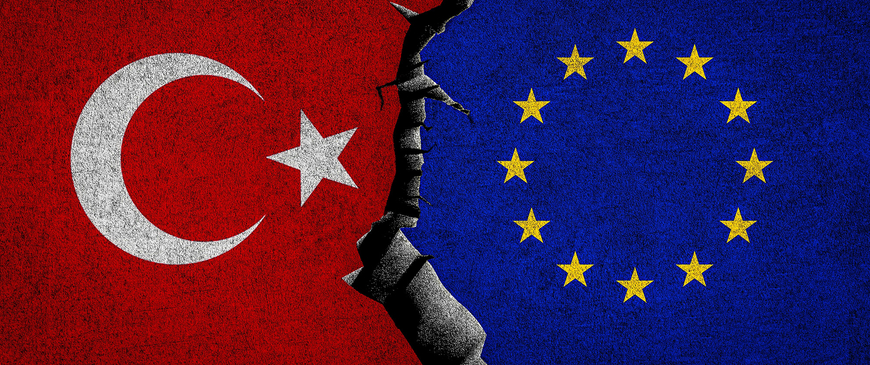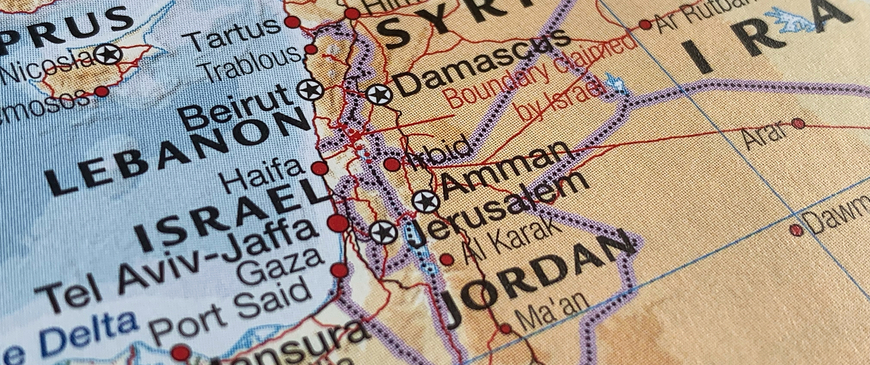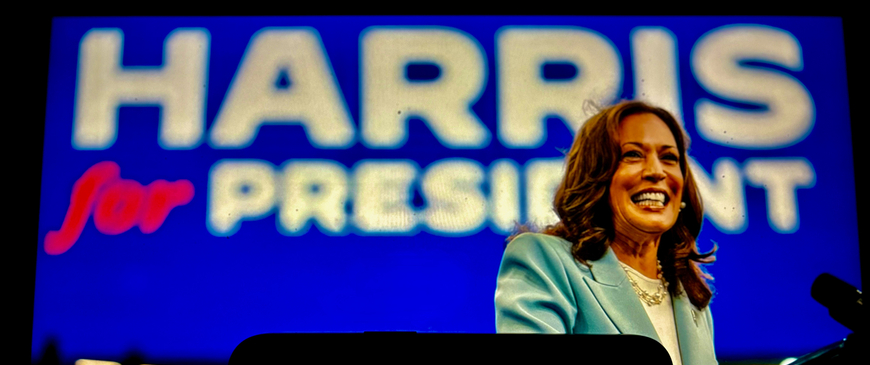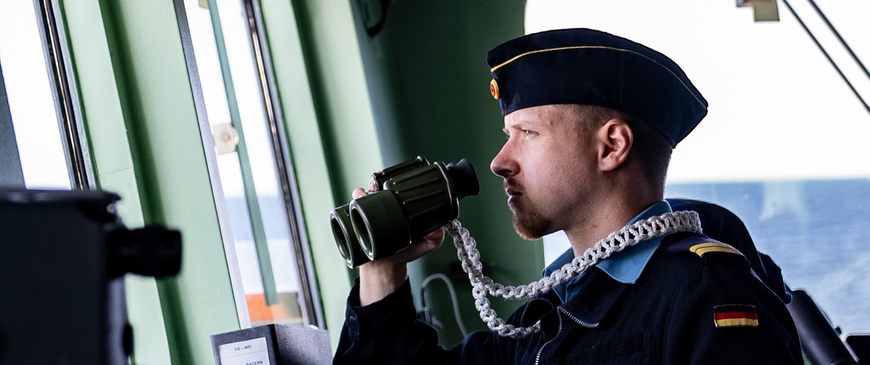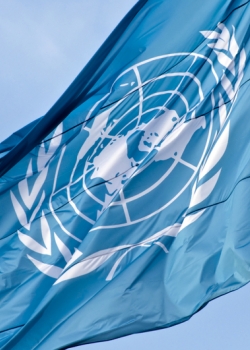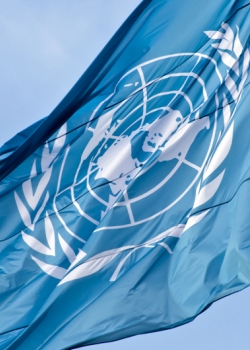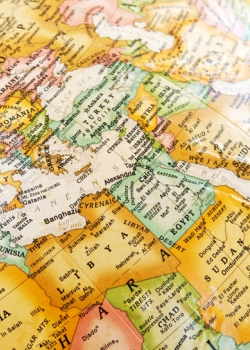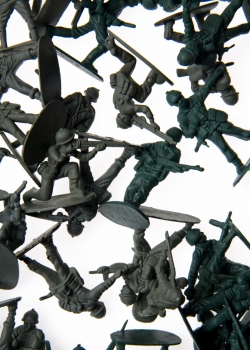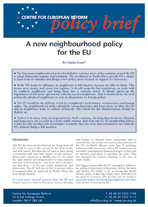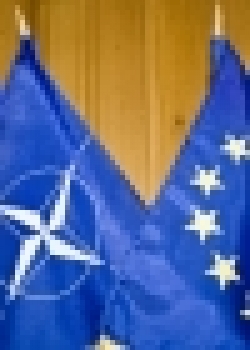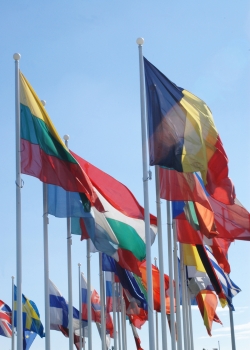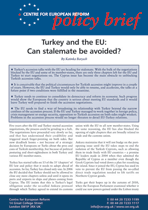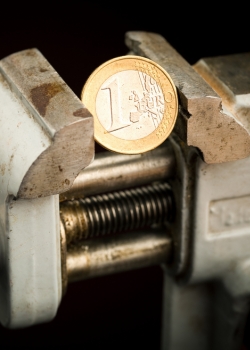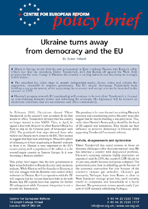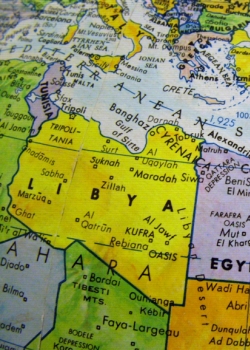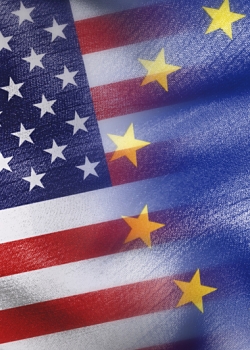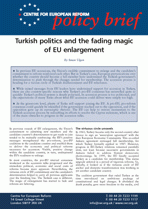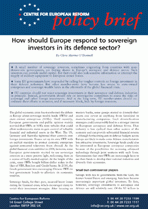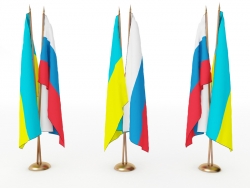Foreign policy & defence
Europe needs a military avant-garde
01 April 2011
A union of 27 member-states is large and unwieldy. So it is not surprising that sub-groups - formal and informal- are playing a bigger role in managing what the EU does. The Euro Group is emerging as an important institution in its own right, with its own summits.
Issue 77 - 2011
25 March 2011
- Europe needs a military avant-garde, Charles Grant
- The eurozone's grand bargain: Political pain without economic gain? , Philip Whyte
- The EU budget: The Union risks having the wrong debate, Stephen Tindale
Turkey, the EU and the Mediterranean uprisings
16 March 2011
The revolts in Tunisia, Egypt and Libya have brought home to many people that Turkey has become a force to be reckoned with in this region. Turkey enjoys lots of credibility in the Arab world. It has burgeoning trade ties and solid political relations with many Middle Eastern and Mediterranean countries.
What cuts in US defence budget will mean for the transatlantic alliance
15 March 2011
The US defence budget seems set to fall as Washington begins to restore order in its finances. Spending on the military has reached such heights – $700 billion, or 20 per cent of the US federal budget – that it has become too large for deficit-cutters to ignore.
A new neighbourhood policy for the EU
11 March 2011
The revolutions in North Africa have exposed the failings of the EU's neighbourhood policy. Rather than fostering democracy, the policy entrenched autocracy.
What should NATO’s new strategic concept say about Russia?
09 March 2011
Since the fall of the Berlin Wall, NATO has strived to reduce mutual suspicions with Russia and to build a more co-operative relationship. So it is vexing that 20 years on, Russia continues to view NATO as a hostile alliance.
A new opportunity for EU foreign policy
01 February 2011
The EU's foreign policy has not impressed many people in recent years. A wide range of views among member-states has made it hard for the EU to develop focused policies on key issues such as Russia and China.
Issue 76 - 2011
28 January 2011
- European political parties are the key to EU legitimacy, Sir Julian Priestley
- A new opportunity for EU foreign policy, Charles Grant, Katinka Barysch, Tomas Valasek
- Is Germany really rebalancing?, Simon Tilford
Has Ukraine lost appetite for reforms?
17 December 2010
In a study on Ukraine published in October, the CER gave President Viktor Yanukovich credit for passing difficult economic reforms but criticised his efforts to suppress political opposition. Since then, reforms have stalled while the concentration of power in the president's hands has continued unabated.
Turkey and the EU: Can stalemate be avoided?
16 December 2010
Turkey's accession to the EU is heading for an impasse. The bulk of the membership talks are blocked. Unless there is progress over Cyprus or Nicolas Sarkozy starts welcoming Turkish membership – both unlikely prospects – the EU and Turkey will soon run out of policy chapters to negotiate.
Britain cannot afford to neglect EU defence efforts
01 December 2010
Britain is showing an unprecedented interest in closer defence co-operation with its European partners. The coalition government in London should be commended for initiating bilateral deals and projects amongst a limited number of EU countries.
Issue 75 - 2010
26 November 2010
- The eurozone enters a critical phase, Simon Tilford
- The next five years of the euro crisis: Five key questions, Charles Grant
- Britain cannot afford to neglect EU defence efforts, Clara Marina O'Donnell
Britain's defence review: Good news for European defence?
28 October 2010
On October 19th, the UK's coalition government published its 'strategic defence and security review' (SDSR), laying out the future shape of Britain's armed forces. As was to be expected at a time of budget austerity, the SDSR foresees significant cuts in military capabilities.
Ukraine turns away from democracy and the EU
15 October 2010
Ukraine is turning inwards and becoming increasingly authoritarian. The new president, Viktor Yanukovich, has taken steps to muzzle independent media, harass critics and sideline the opposition.
Europe and the Middle East - perspectives on Major Policy Issues: What does the future hold for the EU’s efforts in the Middle East?
08 October 2010
Al Siyassa Al Dawliya/European Commission
The Middle East has been a region of major importance to the EU for decades; however, member-states have struggled to fulfil their objectives of supporting peace, prosperity and good governance amongst their southern neighbours.
The midterm elections, Europe and US foreign policy
01 October 2010
Though Barack Obama remains popular in Europe, he has his detractors there, particularly among foreign policy professionals.
Issue 74 - 2010
24 September 2010
- The political consequences of the euro crisis, Katinka Barysch
- The midterm elections, Europe and US foreign policy, Tomas Valasek
- The EU's new supervisory architecture - evolution or revolution?, Philip Whyte
Turkish politics and the fading magic of EU enlargement
07 September 2010
Open hostility towards Turkish accession in some EU countries has made it hard for Turkish politicians to continue preparing the country for membership.
How should Europe respond to sovereign investors in its defence sector?
01 September 2010
A small number of sovereign investors, sometimes originating from non-democratic states, are buying shares in European aerospace and defence companies.
Who is winning Eastern Europe's great game?
19 July 2010
The US is withdrawing from the former Soviet space; the European Union struggles to be taken seriously there. Does that leave Russia free to strengthen its influence in the countries around its borders? Not necessarily, for the situation in the region is complex.

